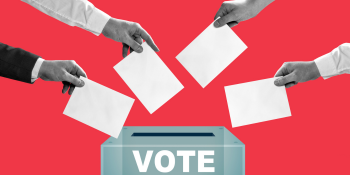Privacy Protection


In the wake of Facebook’s recent data privacy scandal, the General Data Protection Regulation (GDPR), a piece of legislation which establishes conventional data protection rules that are to be upheld across Europe, went into effect on May 25, 2018.
This legislation, passed by the European Parliament and the Council of the European Union, is likely to greatly impact the marketing industry as a whole, specifically the ways in which marketers engage in their work and organizations obtain, store, and regulate personal data of EU citizens.
One notable component of this legislation is that the GDPR will apply to all who oversee and process the private data of EU citizens, even if they are based outside of the EU. Additionally, those who violate the rules set by this legislation will receive severe penalties. According to HubSpot, companies could be subjected to fines up to either €20 million or four percent of their global annual revenue depending on the caliber of the infringement. These heavy penalties will only further communicate to such companies that these new regulations are serious and that they should reconsider violating the law. »
This legislation will not only give culprits harsher penalties, but it will also incentivize marketers to abandon the practice of behavioral data collection. GDPR will also implicate other business practices that are instrumental in targeted advertising. However, the most imperative prerequisite set by the GDPR is that it will require an individual’s active consent in order to reflect that he or she made a legitimate and meaningful choice regarding how his or her private data will be handled and processed rather than just simply agreeing to the company’s terms of service.
Because of the high percentage of marketers, including contractors, distributors, and suppliers for the spray foam industry, who depend on internet-based services like Facebook and Google in order to promote their services, they must adhere to the strict compliance of these organizations with the GDPR. However, they too will see major changes on their side of the industry.
Because the GDPR promotes the idea of providing value and careful attention to the customer, the marketers will consequently have to work harder to engage with customers and earn the right to be in contact with them and get their business, a practice that has been neglected by the industry throughout the years. This will most certainly set the bar higher for marketers, and with innovation and new approaches, the industry will eventually evolve, and competition among marketers will likely heighten.
Furthermore, the GDPR will also create greater transparency between customers and the companies that hold their data. As a result of the scandal with Facebook, many people have expressed concern with sharing their data in order to utilize a service, but with the new regulations set by the GDPR, people can expect open and clear communication regarding how and why their data is collected and processed. •
Disqus website name not provided.









































